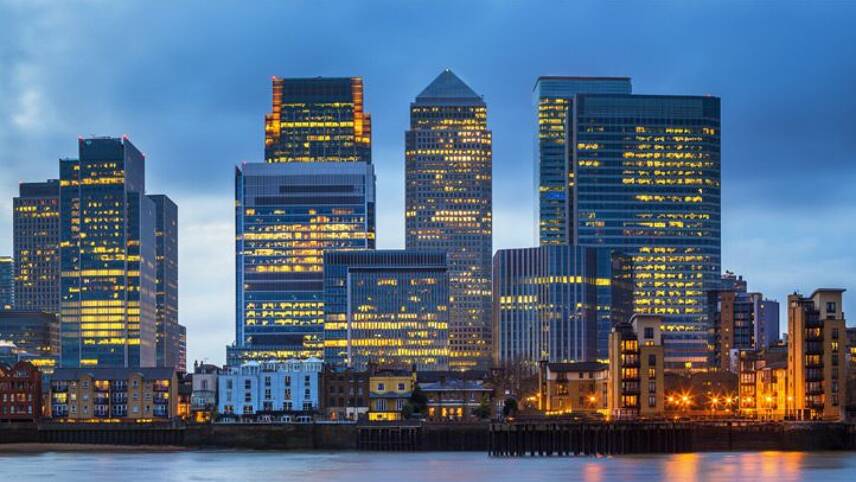Register for free and continue reading
Join our growing army of changemakers and get unlimited access to our premium content

CWG's absolute annual emissions have been decreasing since 2016
Announced in its latest sustainability report, published today (20 July), the new target has been set against a 2019 baseline and is aligned with the Paris Agreement’s 1.5C trajectory.
It covers both Scope 1 (direct) and Scope 2 (power-related) emissions across the entirety of CWG’s operations and estate in East London, as well as Scope 3 (indirect) emissions. In order to reach the target across Scopes 1 and 2, CWG has said it will need to collaborate more closely with tenants and building managers, given that it has been sourcing 100% renewable electricity for its retail estate since 2012.
As for Scope 3 emissions, CWG has set an additional aim to help 60% of its suppliers set science-based emissions targets within the next five years. Suppliers in construction, building management and related service industries will be targeted as a priority, given that these fields are often carbon-intensive.
“As we emerge from the Covid-19 crisis, there is an unprecedented opportunity to come back greener and smarter,” CWG chief executive Shobi Khan said.
“We want to play our part in a healthy, resilient, zero-carbon recovery that prevents future threats, creates decent jobs and unlocks inclusive, sustainable growth.”
According to CWG’s sustainability report, the business’ absolute carbon footprint was 5% lower in 2019 than in 2018. The property developer attributes this trend to energy efficiency upgrades including an LED lighting roll out and chances to building management systems, combined with a “significant” drop in diesel use.
This progress has set the firm up to develop a pathway to net-zero either by or ahead of the national 2050 deadline. It will publish a net-zero roadmap before the end of 2020.
CWG notably declared a climate emergency earlier this year, along with BAM Construct UK, BAM Nuttall, Morgan Sindall Group plc, Multiplex, Sir Robert McAlpine, Skanska UK and Willmott Dixon. More broadly, its ‘Making Sustainability Real’ strategy is centred around a 2030 ambition to deliver net-positive benefits across the environmental agenda.
Sarah George


Please login or Register to leave a comment.